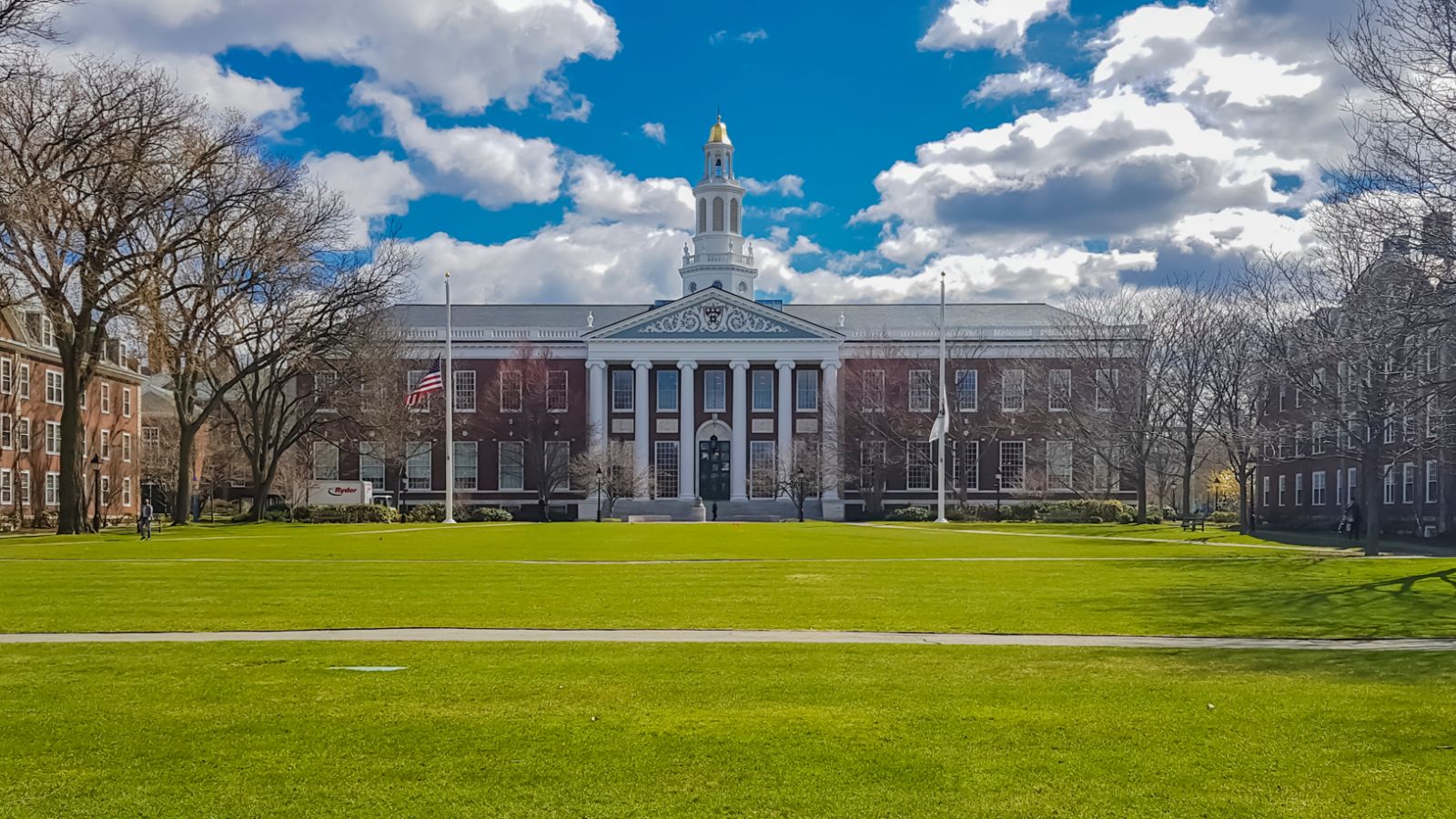Millennials and boomers often see the world through different lenses, whether it’s about jobs, education, or buying a house. Each generation has its own experiences and challenges, but millennials frequently feel that boomers had a smoother ride. Here are 20 reasons why boomers had it easier.
Job Security

“When professionals feel secure in their jobs, they can focus more effectively on their work,” says Indeed. Back in the day, boomers often landed jobs right out of school that they could stay in until retirement. These positions typically offered stability, pensions, and opportunities for growth. Millennials, on the other hand, are navigating a job market where long-term security is rare.
Affordable Housing

Those of the boomer generation bought their homes when prices were significantly lower, and wages were relatively higher. Today, millennials face skyrocketing property prices, making homeownership feel like a distant dream. While boomers could often buy a house on a single income, millennials usually need dual incomes and still struggle with the down payments and mortgage approvals.
Higher Education Costs

University was much more affordable for the older generation, as tuition fees were lower, and many graduated without significant debt. Nowadays, the cost of higher education has soared, leaving young people with hefty student loans that take decades to repay. This financial burden can delay other life goals, such as buying a house or starting a family.
Cost of Living

The overall cost of living was lower for older folks, including essentials like groceries, healthcare, and utilities, which took up a smaller portion of their income compared to what younger individuals face today. Stagnant wages mean that people these days have less disposable income for savings or leisure.
Career Advancement

Boomers often experienced a more straightforward path to career advancement. Staying loyal to one company could lead to promotions and higher salaries over time. Millennials, however, find that job hopping is sometimes the only way to advance their careers and secure better pay. The corporate ladder is less stable, and the competition is fiercer, requiring constant skill upgrades and networking to stay relevant.
Retirement Benefits

Retirement planning was simpler for Baby Boomers, thanks to generous pension plans. They could rely on a combination of employer-sponsored pensions and government support to live comfortably in their golden years. The millennial generation, conversely, face a future where pensions aren’t as rewarding.
Economic Stability

Those from the post-war generation grew up during a time of economic prosperity, with industrial booms creating abundant opportunities, but recent generations entered adulthood during or after the Great Recession, facing high unemployment rates and economic instability. The aftermath of financial crises has left Millennials cautious and often struggling to achieve the same financial milestones.
Technological Advancements

While technology has undoubtedly brought many benefits, boomers lived much of their lives without the constant connectivity that defines the millennial experience. Boomers had the advantage of growing up without the pressures of social media, which can affect mental health and self-esteem, while millennials must deal with the digital age’s complexities.
Work-Life Balance

People who grew up as Baby Boomers often had clearer boundaries between work and personal life, such as the expectation to leave work at the office and enjoy evenings and weekends off. Younger individuals face a work culture where they are expected to be available around the clock, thanks to smartphones and email.
Environmental Conditions

Growing up in a time of lesser environmental concern, with fewer immediate threats from climate change, older people had it easier than the millennial generation. The latter is acutely aware of the environmental crises facing the planet and feels the pressure to take action.
Family Support

Often benefitting from stronger familial and community networks, the boomer generation had extended families who lived closer, providing support systems for childcare, eldercare, and general life assistance. More recent generations, however, are more likely to live far from their families due to job opportunities or lifestyle choices.
Social Mobility

Social mobility seemed more attainable for boomers. Hard work and determination could more reliably lead to upward mobility. But for millennials, the path to success feels less linear and more obstructed by socioeconomic barriers—despite their best efforts.
Technological Overload

Baby Boomers did not grow up with the constant bombardment of information and the demands of technology. They had time to adapt to new technologies gradually. Millennials, on the other hand, have been thrust into a rapidly evolving digital world where they must constantly keep up with new platforms, software, and technological shifts.
Debt Accumulation

Besides student loans, young people often face higher levels of consumer debt. The cost of living and stagnant wages mean that credit cards and loans become a necessary evil for many. Parents and grandparents, however, typically had less access to easy credit and lower overall debt levels, allowing them to build wealth more effectively over time.
Job Market Saturation

The job market is more saturated now than it was during the boomer generation. With more people earning higher education degrees, the competition for jobs is fiercer. Millennials find themselves overqualified for many positions yet unable to secure roles that match their education and experience.
Mental Health Awareness

The older generation lived in a time when mental health was not widely discussed or acknowledged. While this had its drawbacks, it also meant there was less pressure to constantly self-improve or meet societal expectations. The younger people of today, however, are part of a generation that is more open about mental health but also more pressured.
Travel Opportunities

People who lived through the older years could travel and explore the world with fewer financial constraints. Air travel was more affordable relative to income, and international travel felt safer and more accessible. Nowadays, young folks face higher travel costs and more global instability.
Societal Expectations

Societal expectations were different for boomers. The pressure to have it all – a successful career, a perfect family, and a vibrant social life – was not as intense. Millennials, however, face immense societal pressure to excel in all areas of life simultaneously.
Community Engagement

Baby Boomers often grew up in tight-knit communities where social interaction and support were naturally integrated into daily life. The young people of today, however, often find themselves in transient or less connected communities, partly due to the demands of modern life and work.
Lower Inflation Rates

A final reason the millennial generation thinks the boomers had it easier is the lower inflation rates they had. They experienced more stable rates during critical periods of their financial lives, whereas younger people are up against high inflation. This impacts their purchase power and savings.







